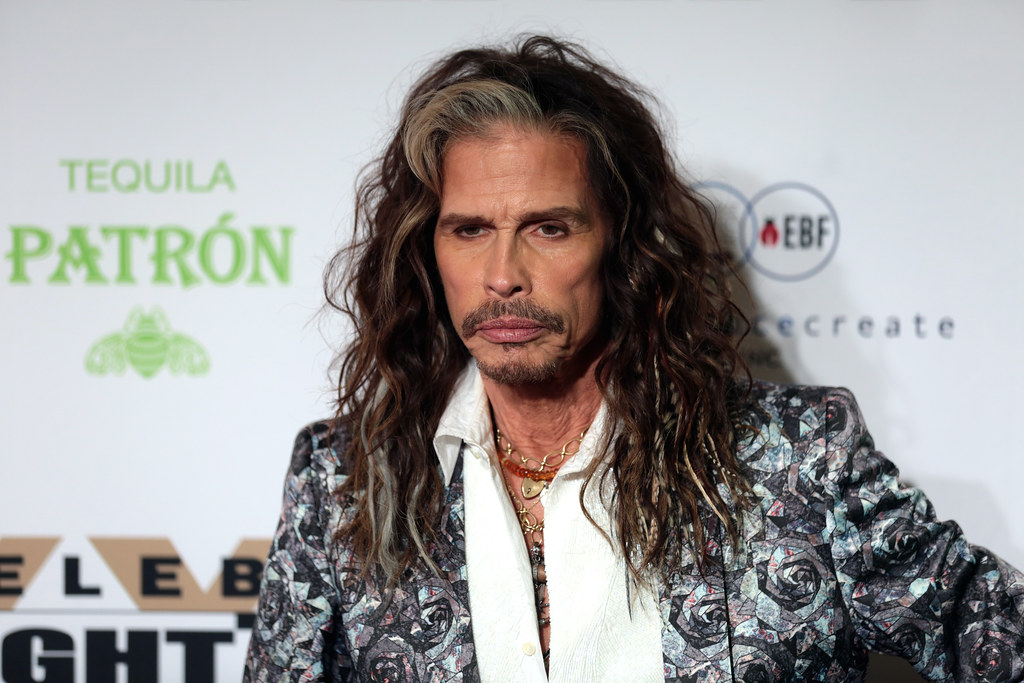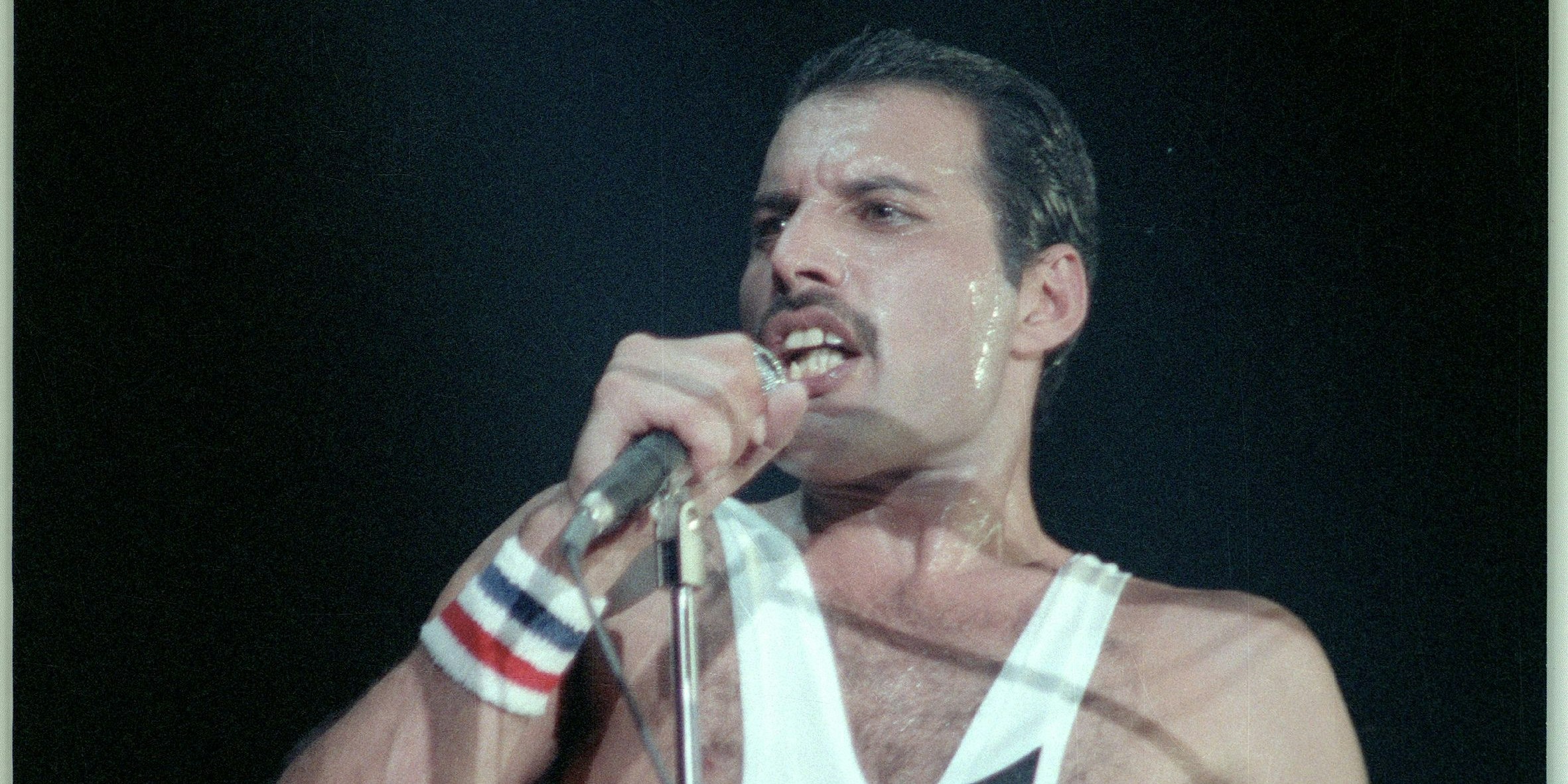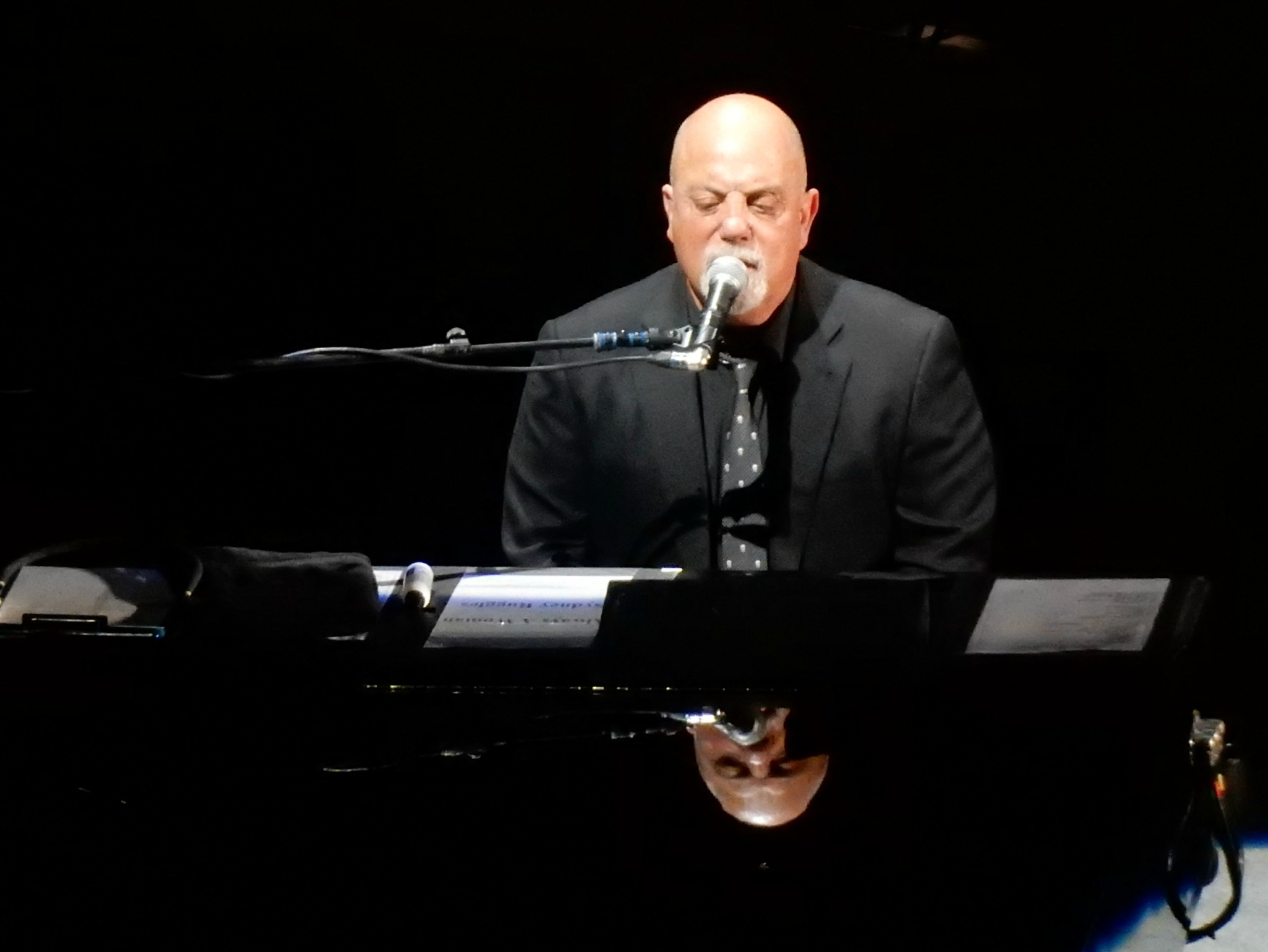Like dormant volcanoes suddenly deciding Monday was a good day for eruption, Aerosmith legends Steven Tyler and Joe Perry—the infamous “Toxic Twins”—electrified San Francisco’s Fillmore Sunday night with zero warning and maximum impact. The May 5 surprise reunion marked their first performance since Aerosmith’s forced retirement announcement last August, delivering what felt like both epilogue and rebirth to one of rock’s most turbulent partnerships, starring two of the greatest guitar players of all time.
That retirement wasn’t optional—Tyler’s vocal cord damage had unceremoniously halted their Peace Out farewell tour, leaving thousands of tickets refunded and dreams deferred. Nobody expected an encore after the medical verdict. You know that feeling when your favorite show gets canceled mid-season? Aerosmith fans have been living in that emotional purgatory since 2024.
The historic Fillmore transformed from venerable rock institution to time capsule the moment Joe Perry‘s unmistakable guitar tone sliced through the crowd’s murmur. Standing less than twenty feet apart—close enough to communicate through those telepathic glances legendary bandmates develop, far enough to maintain boundaries built through fifty years of breakups—the pair showed why their chemistry outlasted marriages, record contracts, and medical diagnoses.
“Sometimes the magic just comes right back,” Perry told the roaring crowd as Steven Tyler strutted toward the microphone, trademark scarves fluttering like victory flags. “It’s like we never stopped.”
Behind them, an impromptu supergroup assembled: The Black Crowes’ Chris Robinson, Cheap Trick’s Robin Zander, former Guns N’ Roses drummer Matt Sorum, and Extreme guitarist Nuno Bettencourt provided the foundation for what became 2025’s most unexpected rock moment.
When Tyler launched into “Dream On,” the room fell silent in anticipation of that impossible high note. At 77, with vocal cords supposedly compromised beyond repair, Tyler delivered a performance that had multiple music publications praising his resilience. Videos posted across social media showed fans visibly emotional during the song’s climactic moments.
Tyler, prowling the stage with the determined energy of someone who forgot to read his own retirement memo, addressed the stunned audience between classics.
“This is about more than just playing rock and roll,” he rasped, momentarily serious. “Every ticket sold tonight helps young women who need our support. That’s the real reason we’re here.”
Janie’s Fund, inspired by Aerosmith’s harrowing 1989 hit “Janie’s Got a Gun,” provides support for women who have experienced abuse and neglect. Since its 2015 founding, the organization has raised $3.5 million while experiencing none of the typical celebrity charity fadeout effect.
Steven approaches this work like he’s still selling out stadiums, the spotlight may have dimmed on Aerosmith, but his commitment to these survivors burns brighter than ever.
Fan reactions across social media captured the shock and excitement of the unexpected performance. Multiple attendees described the experience as transcendent, with several calling it a “once in a lifetime” moment in their posts from the venue.
This appearance follows Tyler’s previous “unretirement” at a Grammy Awards watch party—another Janie’s Fund benefit that raised eyebrows among industry insiders wondering if retirement announcements carry any meaning anymore in the era of endless farewell tours.
Looking ahead, Tyler is scheduled to appear at Ozzy Osbourne and Black Sabbath’s farewell concert in July, suggesting rock retirement plans have become about as binding as pinky promises at summer camp.
As “Walk This Way” thundered to conclusion, Perry and Tyler—rock’s most enduring divorce that never quite finalizes the paperwork—embraced center stage. The gesture carried fifty years of music history, numerous comeback chapters, and the unspoken truth that while accountants and doctors may declare bands finished, some musical partnerships simply refuse to acknowledge the verdict.
For one night at least, retirement papers seemed as substantial as confetti on the venue floor. The magic that defined American rock for half a century proved it needs no official contractual status to exist—it just needs a cause worth showing up for.


























